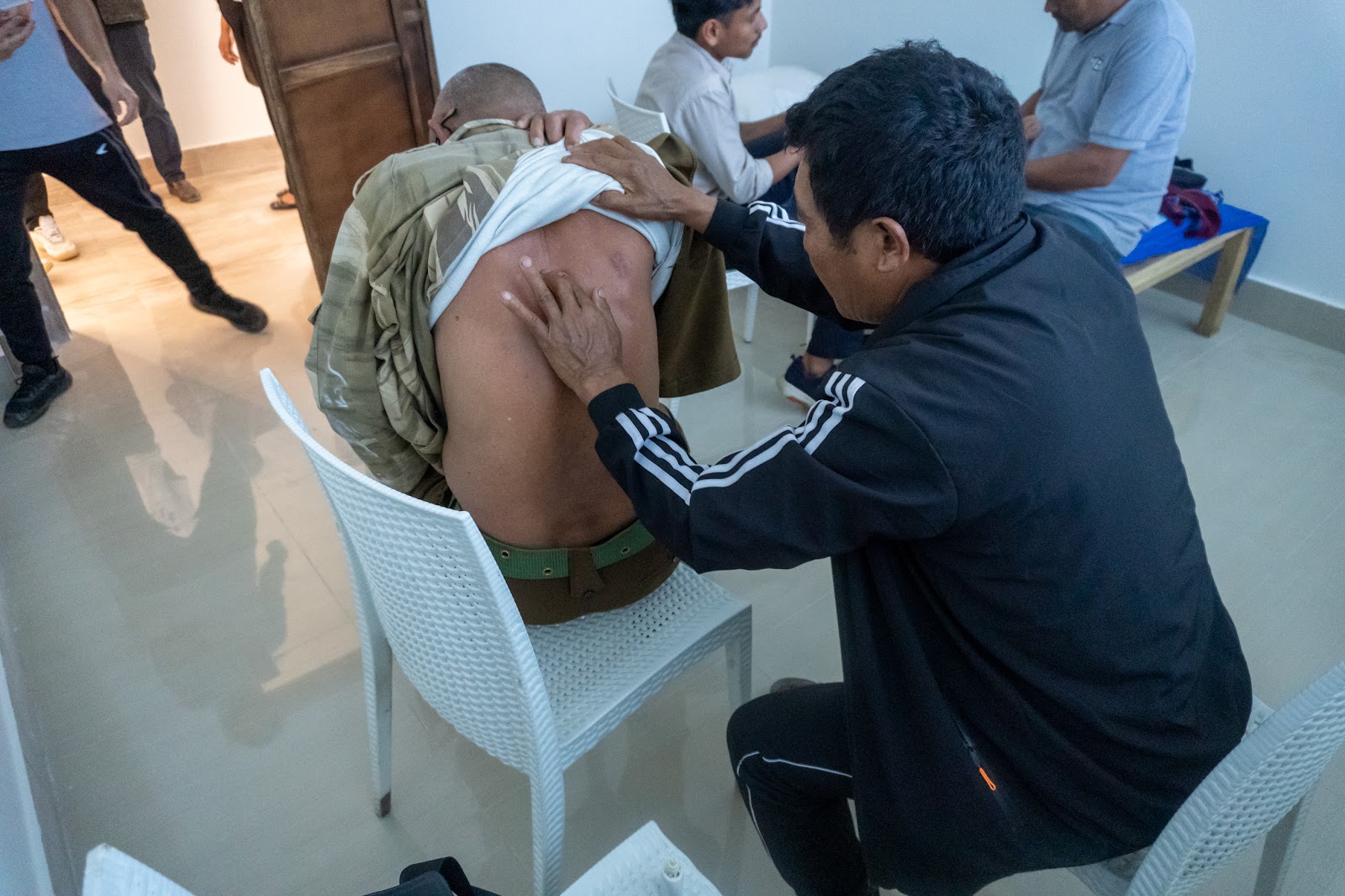ABOUT US Three years after Asom (Assam) had come under the control of the British, the Baptist Missionary Society (B.M.S) or the English Baptists through the Serampore Mission, opened a school at Guwahati in 1826. Soon after, schools were opened at Cherrapunji, Mawsmai and Mawmluh, marking the beginning of Khasi literature. In 1836, two American Missionary couples came to Sadiya, and soon moved to the hills. Missionaries from different nations and of different denominations started schools and later colleges across the North East.
In 1940 a Christian University was apparently proposed to be started from Jorhat but it did not materialize. In 2010, PRINCIPALS OF THEOLOGICAL SEMINARIES UNDER CBCNEI unanimously voiced their hope to establish full fledged university. Their dream was the North East Christian University. This was followed by Series of consultations within Baptist Convention and Association leaders under CBCNEI to establish NECU as a reality.
The NECU act (Act. No. 4 of 2023) adopted by the Nagaland Legislative Assembly.
Recognized by UGC under section 2(f).
Accredited as PrCB for TCHPs by NABCB under ISO/IEC 17024:2012.
A University with distinction under the Council of Baptist Churches in North East India.
Recognized by the Quality Council of India as a PrCB (Personnel Certifying Body) for Traditional Community Healthcare Providers (TCHPs).
Accredited by the National Accreditation Board for Certification Bodies (NABCB) under ISO 17024.
To Synthesise Moral values & the Sciences
To inculcate Critical Thinking Skills
To create Flexible & Innovative programs, Research opportunities
Will seek to be a Nurturing Community
Will be a Model of Interfaith Harmony
Will help students develop Vision for a Better World
NECU has, in 2020, achieved National and International recognition by being accredited by the NABCB (National Accreditation Board of Certification Bodies) under the provisions of ISO/IEC 17024:2012 and the International Accreditation Forum.

Traditional Healers attending to patients during a Health Camp at CARS-cum-CTC Building, NECU
NECU is the first University in India (of over 1000 Universities) to get this recognition and even in the world, in the category of TCHPs, NECU is the first and only organization. NECU can now use the International Accreditation Forum logo on its Certificates and can verify a Traditional healer as competent in his/her trade. This certification will be recognized wordwide.NECU has certified healers in Tripura, Assam, Nagaland, and Manipur and is ready for applicants from Meghalaya.
(1) Dimapur Known as “mini India”. Dimapur district has a mixed population.
(2) Dimapur is the commercial hub and has a mixed population.
(3) People speaking Bengali, Bihari, Punjabi and other languages have been living in Dimapur for decades.
(4) Except Dimapur, the ILP* (Inner Line Permit) has been applicable to the Rest of Nagaland.
(5) Besides being referred to as a gateway of Nagaland and Manipur, main commercial activities of the State, is centered around Dimapur.
(6) The only railhead and airport of the State is located in Dimapur.
(7) The National Highway 29 connects the State capital kohima and also connects the neighbouring States of Manipur, Tripura and Mizoram.
*ILP (Inner Line Permit) :
It is issued by the Government of Nagaland. It is mandatory for Indian citizens of other states entering Nagaland through any of the check gates across the interstate borders. Dimapur, Nagaland’s largest city and porthead, is the only place in the state which does not require an ILP, and Indians arriving by air at Dimapur Airport can arrive and stay in the city without one. (https://eastsiang.nic.in/service/inner-line-permit-eilp/)